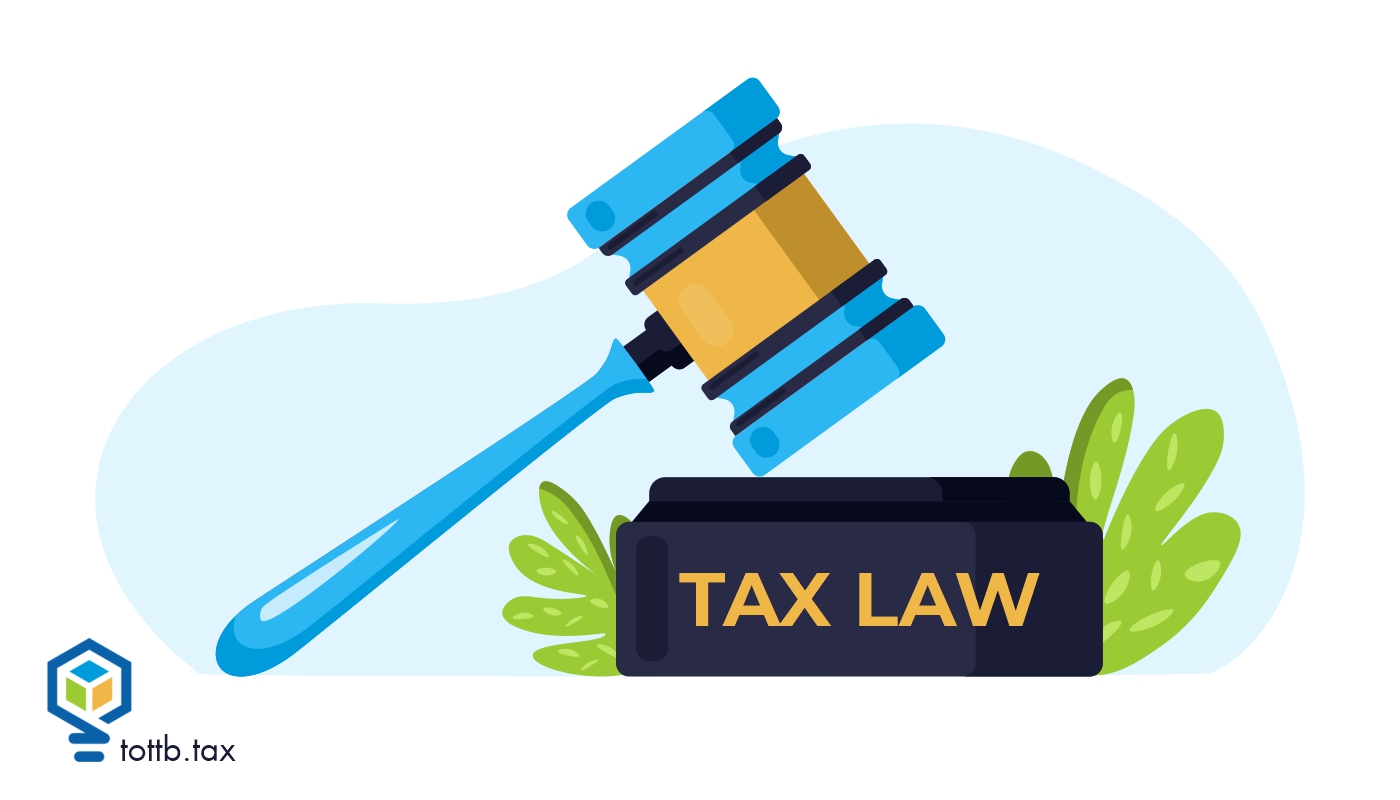The Family Business and Taxes Part One
What is one thing that most business owners have in common? Why did you start your business? Many business owners I have talked to over the past decade started their entrepreneurship journey for similar reasons. Think about your clients and what reasons they have given you and see if these ring true.
“I want to be in control of my time.”
“I need to spend more time with my family.”
“I don’t want a cap on my earning potential.”
I find those to be pretty noble reasons. I haven’t come across a business owner yet that says, “I want to pay more taxes for fun.”. So as an advisor how can we help our clients have freedom, time with family, and save on taxes? One strategy is to hire family members. It can’t be any family member though, remember there is a strategy to this.
I know some of you are thinking, “that sounds great!”. Then others of you are thinking, “who wants to work with their family?”. Well trust me, when saving money is the topic of discussion more people tend to listen. The least you can do is present your clients with the facts, and here they are:
• The taxpayer can avoid paying certain payroll taxes by hiring a family member.
• You can help them potentially drop a tax bracket while keeping the spending power in the family.
• Protecting a spouse from tax debt.
• Lower Federal student loan payments.
To do this we have to make sure the client hires their family as employees. This whole strategy goes down the drain if the family member is a contractor that receives a 1099. Today we will focus on how to properly implement the game plan when hiring a parent or spouse.
Read MoreClient Alert













